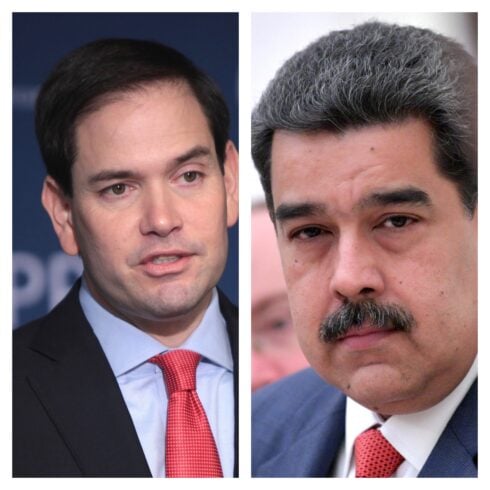SPANISH officials have made the last-minute decision to pull the plug on a €10 million defence contract set to be awarded to Huawei, the Chinese technology company coming under increased scrutiny over alleged links to Xi Jinping’s authoritarian government.
Under the terms of the contract, Spanish telecom giants Telefonica would have installed new-generation Huawei fibre optic equipment in an attempt to boost RedIRIS, a massive connectivity network linked to various government and educational institutions, including the Ministry of Defence.
Red.es, a public-owned company linked to the Ministry of Digital Transformation, had green-lighted the contract earlier this week – but the government have since backtracked, citing ‘reasons of digital strategy and strategic autonomy’, according to El Pais.
“The contract is being cancelled due to a change in strategy. A new contract will be drawn up and published to renew the equipment of a third of RedIRIS with new equipment, given that the current equipment is reaching the end of its useful life,” a ministry spokesperson said.
The original purpose of the tender, handed out by Red.es, was ‘the supply, installation and management of components for the routing equipment plant currently in production, from the manufacturer Huawei, supplied and managed by Telefonica, for the expansion of RedIRIS-NOVA100 IP connectivity services to 400Gbps’, although the contract was negotiated without public advertisement.
The contract was exclusively negotiated with Telefonica because officials had already upgraded the network with fibre optic technology from Huawei in 2020 under the terms of a separate €5.5 million contract.
Huawei’s connection to the Chinese government has proven controversial over recent years, with some experts warning that the company represents a potential threat to national security.
Several governments – including in the UK, US, Australia and Canada – have already banned Huawei from participating in 5G infrastructure amid fears that the company’s equipment could be weaponised by China’s Communist government.
READ MORE: Spain under fire from US and EU for €12M deal with China’s Huawei to store judicial wiretaps

Huawei was founded in 1987 by Ren Zhengefi, a former engineer in the People’s Liberation Army.
While Huawei is registered as a private company, China’s 2017 National Intelligence Law requires companies to support and cooperate with the country’s intelligence services.
Western experts fear the Chinese government could use this legislation to compel companies to hand over sensitive data.
Huawei has consistently denied all allegations of wrongdoing or government control.
Earlier this summer, the Spanish government came under fire after awarding a multi-million euro contract to Huawei to store judicial wiretaps, prompting US officials to question its intelligence sharing procedures with Madrid.
While the government insisted that there was ‘no security risk’, allies across the EU and in the US baulked at the contract, with one Dutch member of European Parliament describing the move as a ‘big mistake’.
The move highlighted Spain’s pivot towards greater cooperation with China, bucking a Western-wide trend of countries seeking to move away from the Asian country, with former head of the European Central Bank (ECB) Mario Draghi recently calling for a ‘United States of Europe’ to deal with the growing threat posed by Chinese aggression.
Spanish prime minister Pedro Sanchez met Chinese premier Xi Jinping in Beijing in April, becoming the first European leader to do so following President Trump launching a tariff war against China and the European Union.
In 2024, Spanish imports from China exceeded €45 billion, according to data from the Ministry of Finance, although exports barely reached €7.4 billion.
Click here to read more Business & Finance News from The Olive Press.








